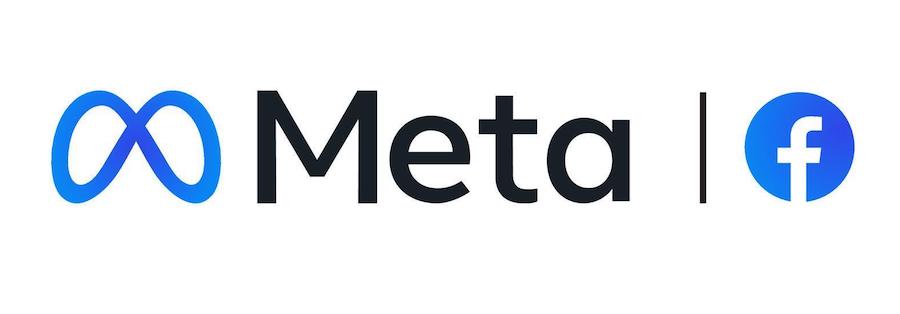
CBC and More Ask Competition Bureau to Stop Meta’s News Block
A coalition of Canadian news publishers and broadcasters has raised concerns over Meta’s recent decision to block Canadian news content on its platforms, Facebook and Instagram.
News Media Canada, the Canadian Association of Broadcasters, and CBC/Radio-Canada, have approached the Competition Bureau, urging the latter to inquire into the Meta news blocking decision.
“The challenges that the omnipresence of web giants like Meta pose to the news industry in Canada and their stranglehold on access to news and online advertising has been well documented. Now, Meta’s decision to cut off Canadian news organizations from a large part of their audience threatens the industry and, by extension, creates a major challenge to our democracy,” writes the letter, dated August 7, written to the Bureau’s Commissioner of Competition, Matthew Boswell.
This move by Meta comes as a direct response to the Liberal government’s Online News Act. The legislation, supported by major publishers like Postmedia, mandates tech giants like Meta and Google to strike commercial agreements with news publishers, ensuring they get a share of the revenue for news stories featured on these platforms.
By eliminating news from its platforms, Meta aims to sidestep this legislation, reports the National Post, writing about the matter that will affect its parent company.
The news organizations accused Meta of leveraging its dominant market stance to the detriment of Canadian journalism. They emphasized that Meta’s actions seem intent on penalizing Canadian news firms, limiting their access to the advertising market, and drastically reducing their visibility to the Canadian populace on social media.
They highlighted that such anti-competitive behaviour by Meta, which has caught the eye of global regulators, would only solidify its stronghold in advertising and social media distribution, thereby jeopardizing Canadian journalism.
Highlighting the significant influence of Meta in the Canadian digital landscape, the publishers pointed out that Facebook and Instagram together dominate over 70% of the country’s social media market. This dominance, they argue, gives Meta considerable control over the dissemination of Canadian news.
In a letter stressed that Meta’s actions could severely restrict Canadian news outlets’ access to a vast segment of their audience, leading to a substantial drop in visits to their news websites and apps. This, in turn, could significantly impact their online advertising revenue streams.
The University of Ottawa Law Professor, Michael Geist, also wrote about the letter today. He explains the letter and claims written by these news organizations is flawed:
More notably, the media outlets argument for Meta’s “substantial control” of the market simply doesn’t make any sense. They argue that because it is the largest social media company, “Meta effectively has substantial control over access to Canadian news and also, more generally, on the news industry in Canada.” It should not require stating, but a link is not the same as controlling content. In fact, this absurd claim neglects to mention that social media is not even the most important referral source for the news industry. The Senate heard testimony that social media constituted between 17-30% of referral traffic for news sites. That is valuable and its loss will have an impact, but it in no way can be credibly described as substantial control over access to news, much less the news industry.
As Geist concludes, “This outcome was entirely foreseeable, yet the media sector made the bet that the platforms could not live without its content and would ultimately pay for it despite the absence of an economic rationale for doing so.”
How does the federal government actually believe companies should pay when users share links? These links actually drive traffic to publishers and not the other way around.


